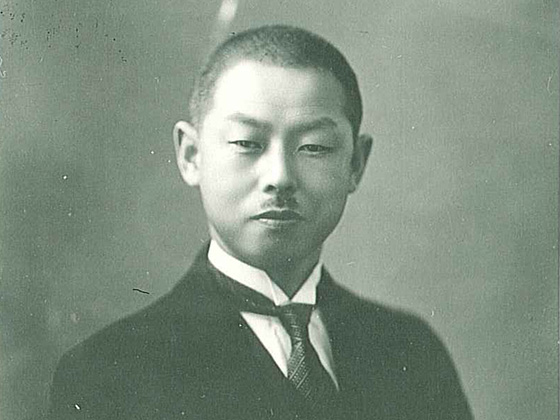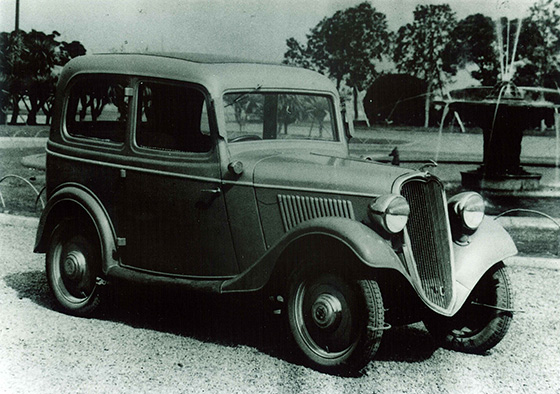1930s

Datsun 14
Aikawa soon recognized the excellence of the DAT car and acquired the manufacturing rights. Following mergers, Kwaishinsha became DAT Jidosha Seizo Co., Ltd., and in 1930 the firm built a new compact car. The Datson (son of DAT) then completed a grueling test run between Osaka and Tokyo without a hitch. Its name was changed to Datsun in 1932.
Aikawa then established Jidosha Seizo Co., Ltd., in 1933 to ramp up production. In 1934, the company was renamed Nissan Motor Co., Ltd. The Yokohama Plant — Japan's first automobile mass production facility — launched the following year, and Nissan began exporting cars to Asia, Central and South America and other regions.
The Automobile Manufacturing Industries Act was enacted in 1936 to promote the domestic auto industry, and domestic cars gradually replaced imports on Japanese roads.
1931
| August | ▪ |
Datsun Passenger car |
1932
| April | ▪ |
Datsun Model 10 |
| September | ▪ |
Datsun Model 11 |
1933
| October | ▪ |
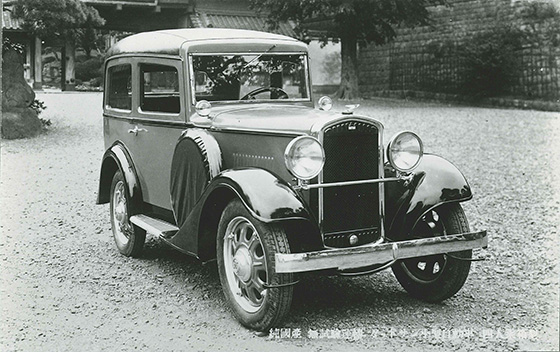
Datsun Model 12 |
| December | ▪ |
1934
| April | ▪ |
Datsun Model 13 |
| May | ▪ |
Construction of the Yokohama Plant is completed. Production of tools commences. |
| June | ▪ |
The Company name is changed to Nissan Motor Co., Ltd. The first Datsuns are exported to Asia and Central and South America 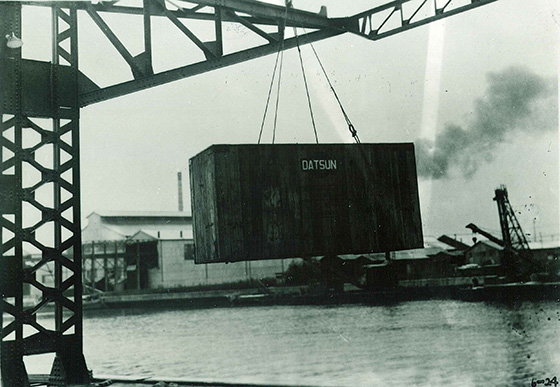
The first Datsuns are exported |
1935
| April | ▪ | |
| May | ▪ |
The corporate mark is chosen. |
1936
| May | ▪ |
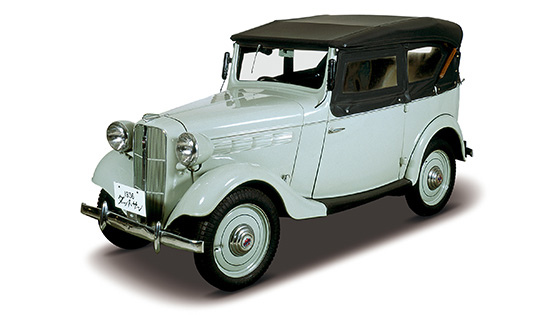
Datsun Model 15 |
| June | ▪ |
The motorsports debut with Dutsun (Tamagawa Speedway) |
1937
| April | ▪ |
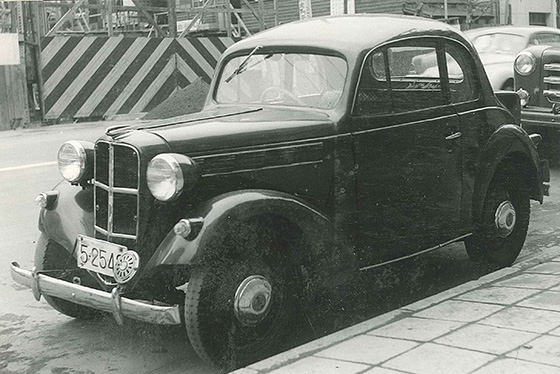
Datsun Model 16 |
| June | ▪ |
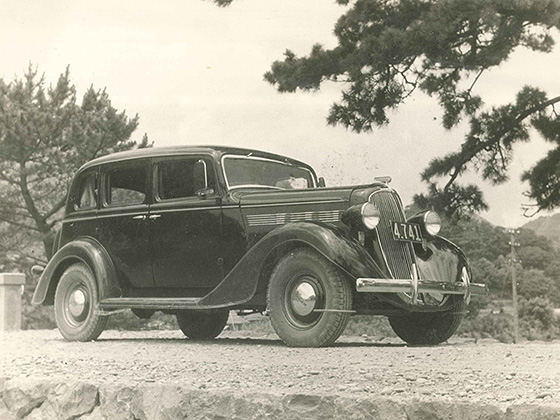
Nissan Passenger car Model 70 |
1938
| April | ▪ |
Datsun Model 17 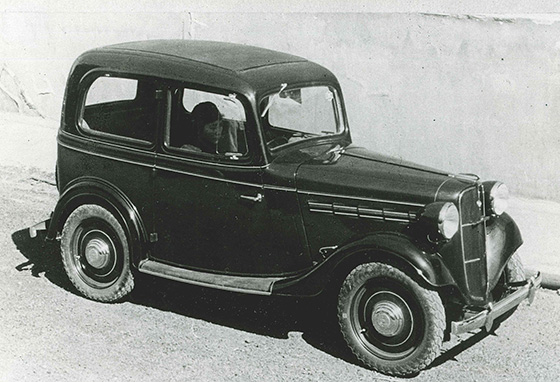
Datsun Model 17 |


